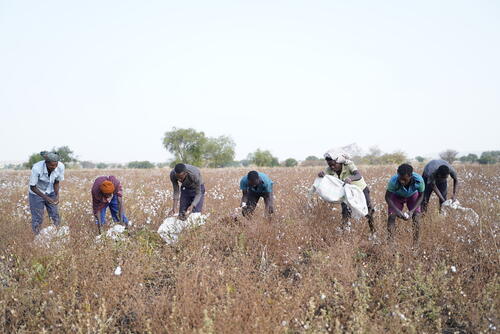Médecins Sans Frontières (MSF) has been working in Abdurafi, in northwest Ethiopia, since 2003. Over a 20-year history in the region, our medical activities have included treating neglected diseases such as kala azar, snakebites and HIV.
Here are nine quick facts about our work over the past two decades.
1. First kala azar assessment in Abdurafi in 2002
Abdurafi is a small town in northwest Ethiopia, 10 kilometres away from the border with Sudan. An initial assessment carried out in October 2002 showed that kala azar was contributing to the high morbidity and mortality rates observed in the area.
Kala azar, also known as visceral leishmaniasis, is a neglected disease, caused by a parasite transmitted to humans by the bite of an infected female sand fly. It is endemic in 76 countries, and it is the second deadliest parasitic disease in the world after malaria.
Kala azar affects the internal organs, particularly the liver, spleen, and bone marrow. If it is not treated, patients often die of complications such as severe pneumonia or heart failure because of anemia or malnutrition.
2. The start of the project
Abdurafi’s kala azar treatment centre was busy from the start. In 2003, our teams treated 759 kala azar patients. We also saw significant numbers of patients with HIV, tuberculosis, and malaria, as well as malnourished children in need of nutrition support.
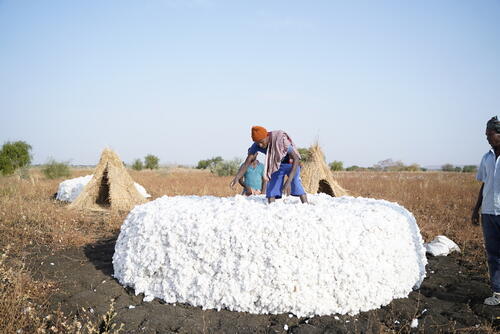
3. Migrant workers at higher risk
People most at risk in Ethiopia often come from the highlands, with no immunity against kala azar or malaria. Often they are young men who arrive to Abdurafi as seasonal migrant labourers, working in the lowlands on the big cash crop farms producing sesame seeds, cotton and sorghum.
Migrant workers often sleep in the fields, beneath trees, and without bed nets. Their work in the fields also often continues into the evening. As a result, they are at high risk of exposure to bites of mosquitoes as well as sandflies.
Once sick, most migrant workers do not have family support to fall back on, and many become destitute. They also have limited access to services such as healthcare, as they are not residents of the area.
4. High prevalence of HIV
The young males in the area are also affected by a relatively high prevalence of HIV. The combination of these two diseases, which severely weaken the immune system, is a further challenge for effectively treating patients.
While a person with a healthy immune system treated for kala azar will develop an immunity against the disease that will last for many years, people co-infected with HIV cannot generate this immunity so they will keep relapsing and eventually become unresponsive to treatment and die.
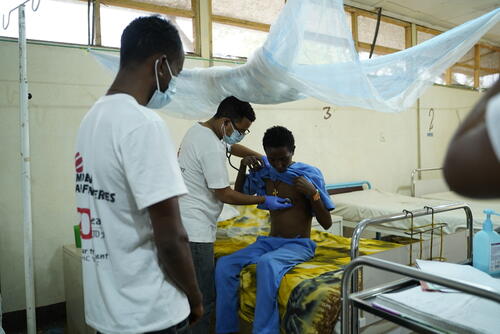
5. Research leads to global policy change
To respond to the high mortality rate of HIV co-infected patients, over the past 20 years, our kala azar treatment centre in Abdurafi has become a unique and crucial space in research on management of co-infected patients.
Several studies carried out with research partners, such as the University of Gondar and the Drugs for Neglected Disease Initiative, to try and improve the management and the treatment outcomes of HIV co-infected kala azar patients, created global policy changes.
Research resulted in the combination of two drugs that have a different mode of action to obtain a better treatment outcome for patients. The new treatment was shown to have an 88 per cent efficacy rate compared to the previous standard treatment that had an efficacy rate of 55 per cent.
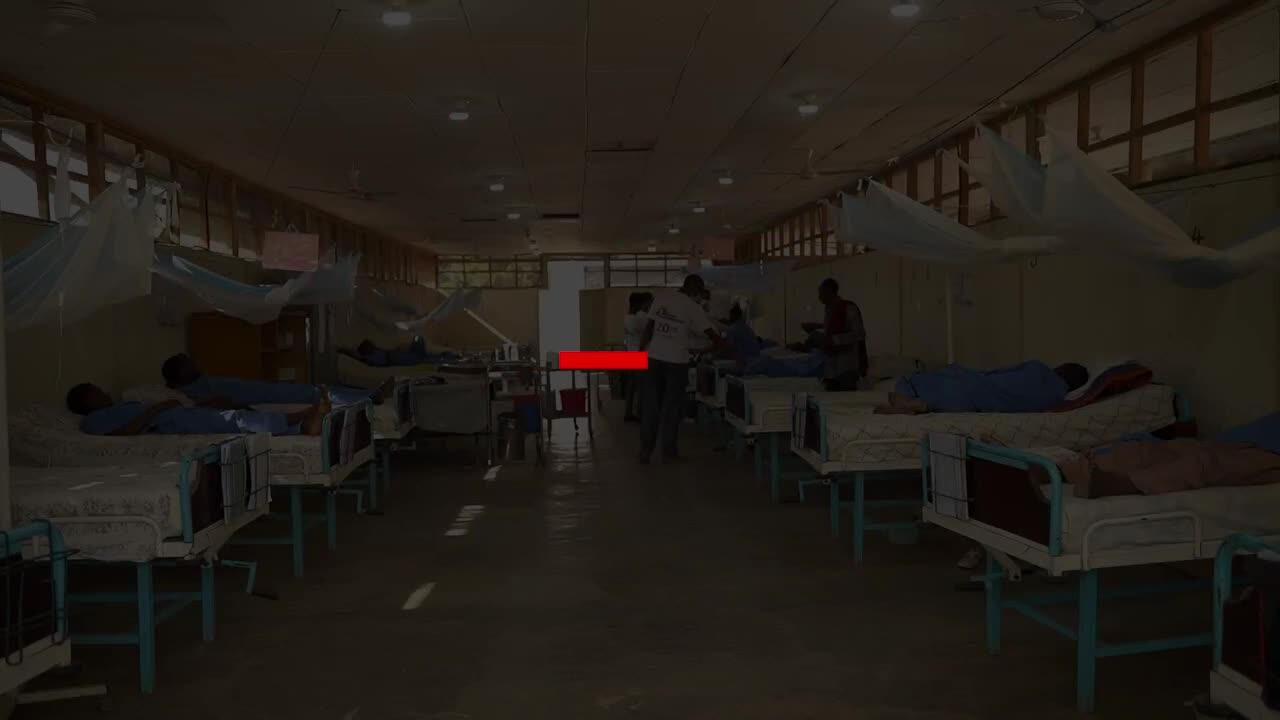
Twenty years of lifesaving treatment
6. Treatment of kala azar needs to be expanded
Ethiopia is one of the countries most heavily affected by kala azar, with thousands of cases reported annually. In the past 20 years, in Abdurafi alone, we have treated more than 7,000 people with kala azar. Overall, in Ethiopia, we have treated more than 15,000 people for the parasitic disease.
Treatment of kala azar, a disease that is complicated to diagnose, and complex and expensive to cure, needs to be expanded. Despite progress in reducing the global burden of kala azar, over the past 40 years an estimated 200,000 people with kala azar have died in East Africa due to lack of access to treatment, with thousands of undetected cases.
The persistent lack of cost-effective diagnostic tools and medicines produced by pharmaceutical companies are cutting people off from affordable treatment options.
7. Pharmaceutical companies must make diagnostic tests available
The manufacturer of the diagnostic test for kala azar has stopped production due to a lack of commercial profitability. This is very likely to result in a rupture of this essential test globally.
While the knowledge on how to make the diagnostic tool has been transferred to another pharmaceutical company, the production and distribution of the test need to be fast-tracked to ensure that diagnosis and treatment of this neglected disease are not further delayed.
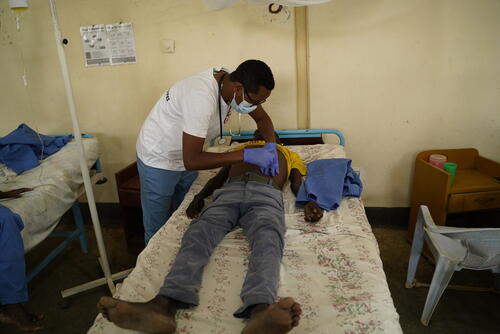
8. Treatment for snakebites
In 2014, our teams opened the only facility in the region offering free and comprehensive care to people with snakebites, including effective antivenom, which was either previously unavailable or unaffordable.
Between 2014 and 2022, we treated almost 5,000 people with snakebites. Victims are mainly seasonal agricultural workers and herders.
9. MSF treats kala azar in southern Ethiopia
MSF remains committed to providing care in Abdurafi and in other areas of Ethiopia, such as the Omo Valley in southern Ethiopia, where our teams are responding to the needs of an alarmingly high number of people infected by kala azar, and who would otherwise be without treatment options.
Since the beginning of the year, our teams have carried out more than 2,700 consultations and treated 122 patients with kala azar in the area.



